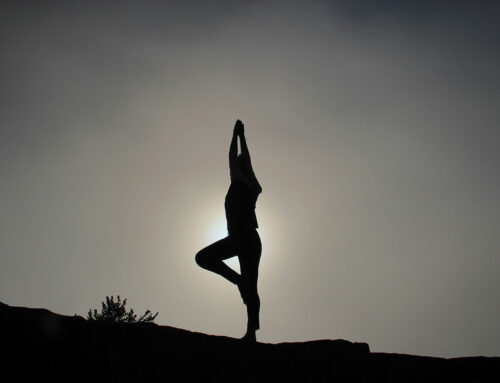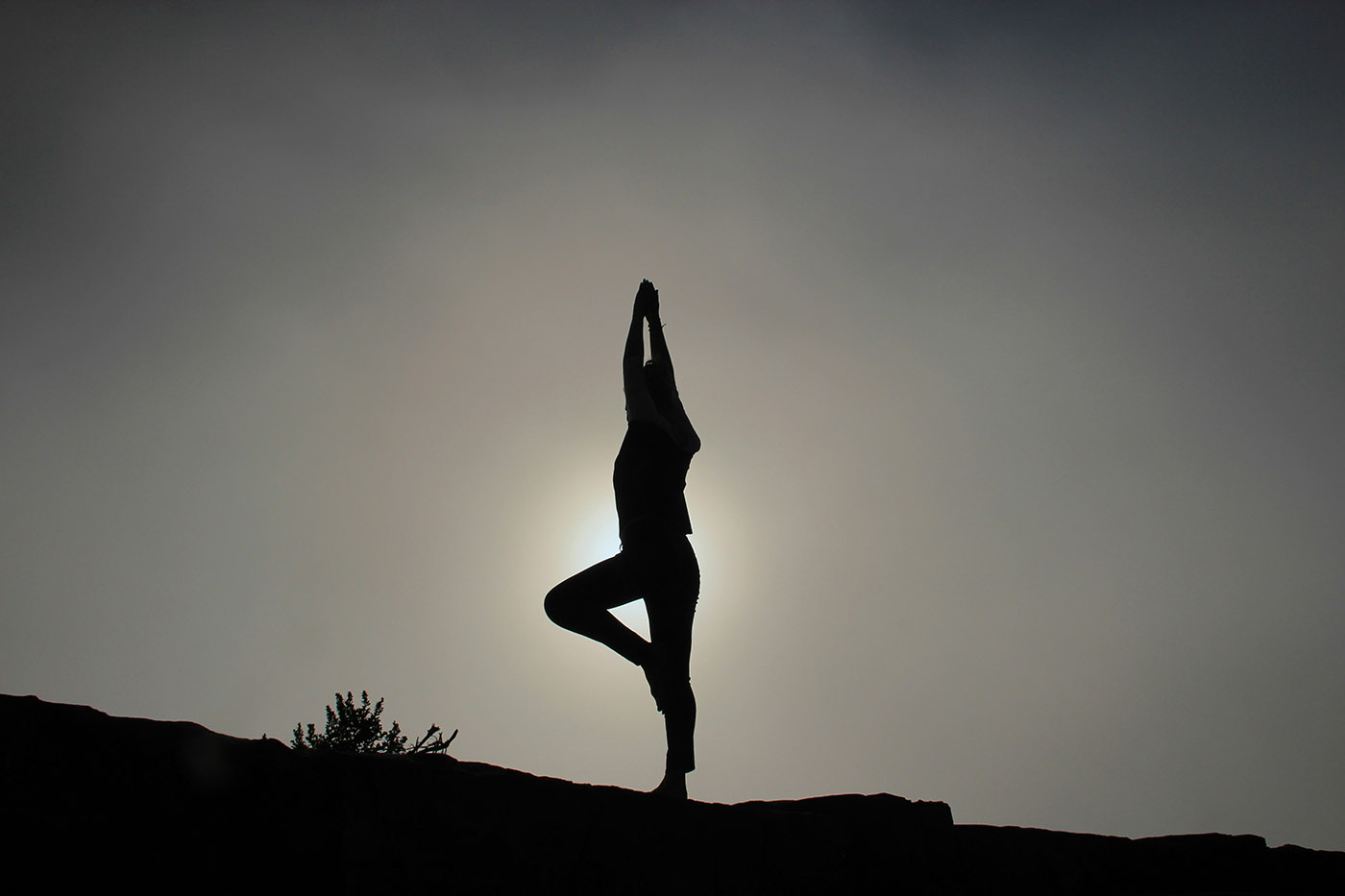
In the campy 1980 comedy, Caddyshack, disheveled groundskeeper Carl Spackler (played by a brilliant[...]
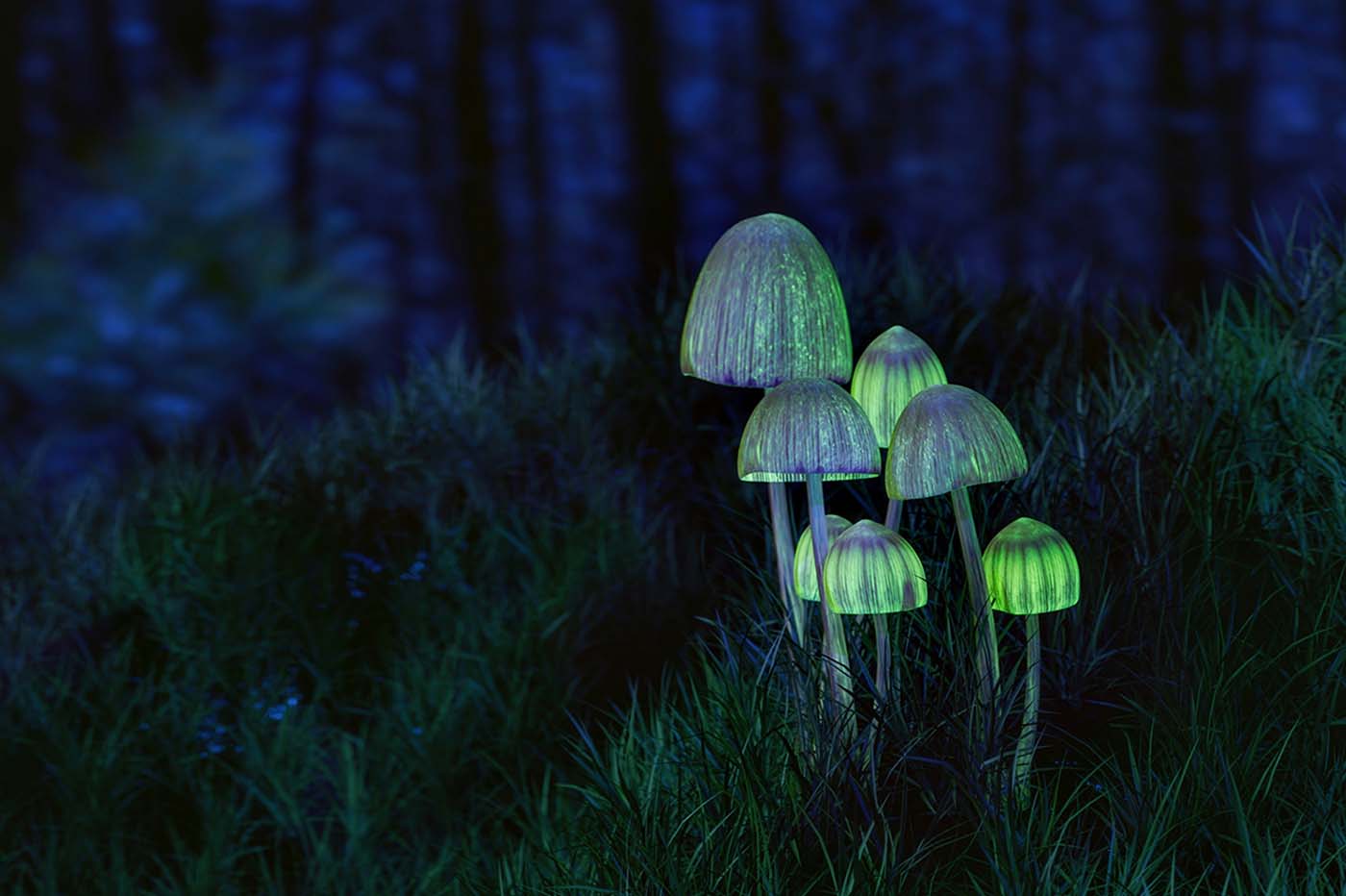
It's not often that a scientist becomes a subject for his own research; even[...]

Sensory deprivation via natural or manmade caves has now become, if not routine, certainly[...]
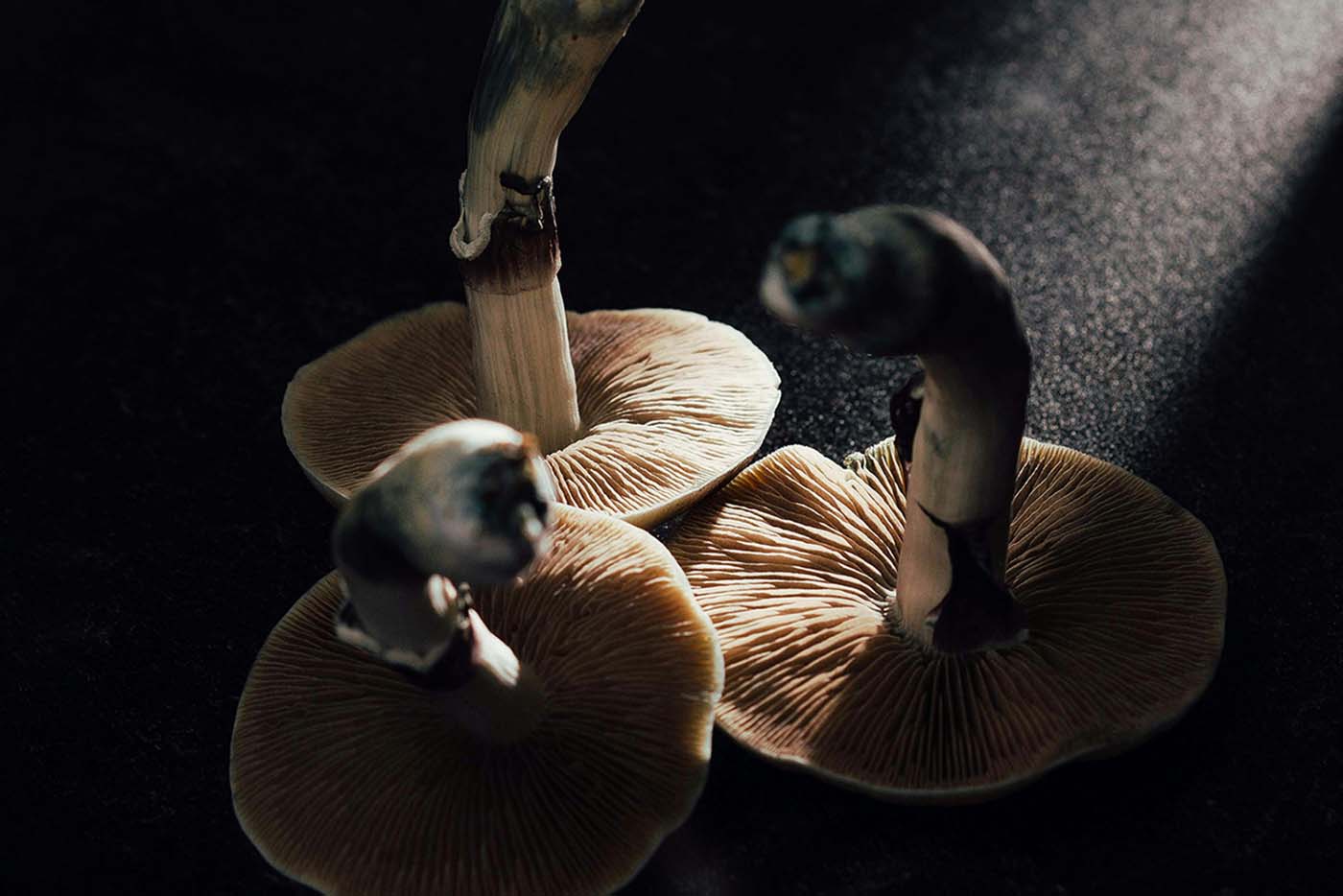
Using fMRI technology, scientists for the first time have revealed significant - albeit temporary[...]
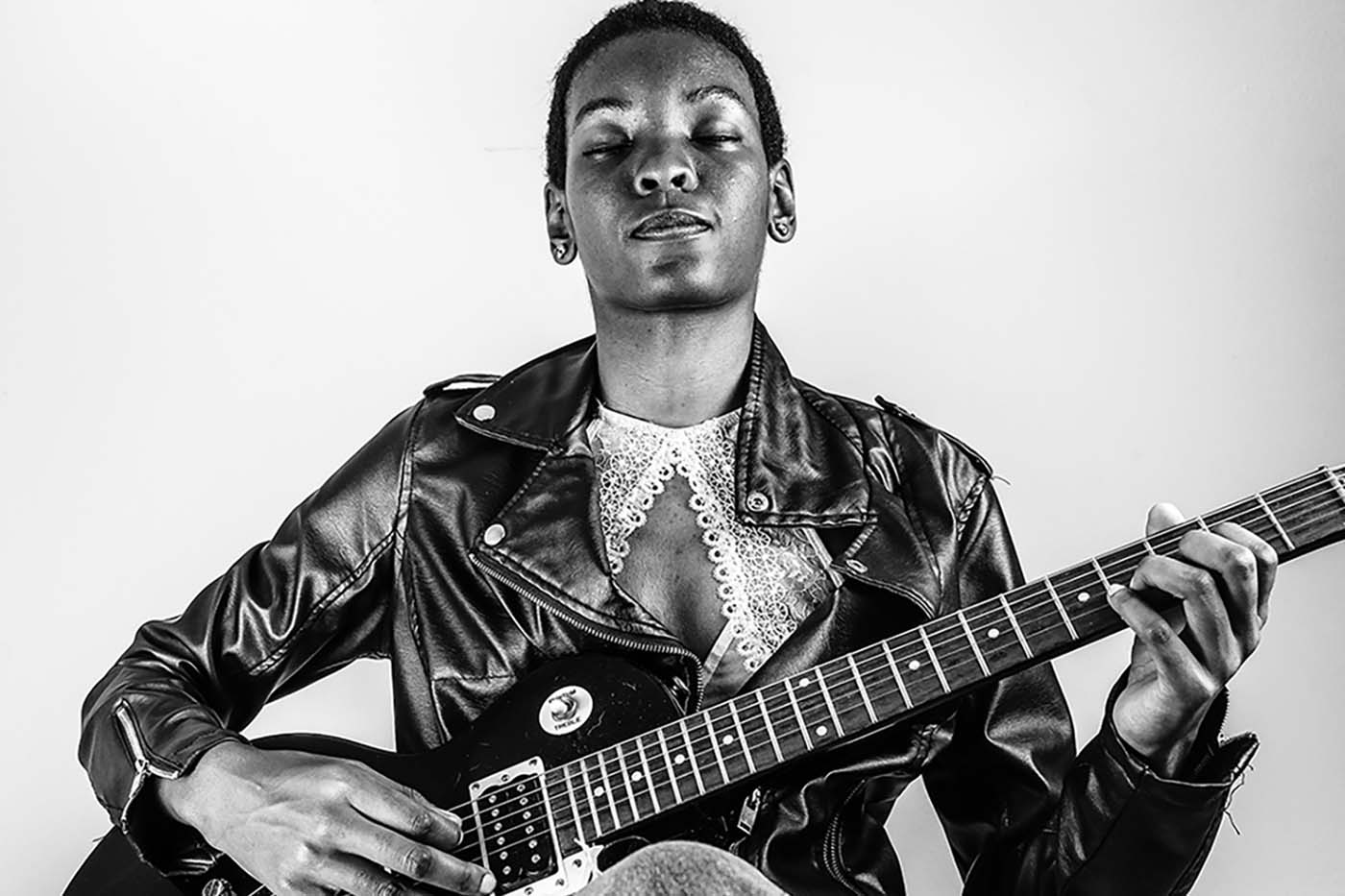
Going With Your Flow
Flow is an ecstatic state of being first studied and later codified by psychologist Mihaly Csikszentmihalyi. His pioneering work has since been corroborated by neuroscientists, who have discovered that brains in a state of flow power down the prefrontal cortex, which establishes the sense of self and the memories that go with it.
In other words, in a state of flow the sense of a ‘me’ seemingly goes offline and an alternative reality kicks. Time slows, the inner voice quiets, and the creative process simply takes place. It’s worth noting this sense of the doer not existing is central to many spiritual traditions.
“A state of flow suggests we aren’t just consumed by the activity – the activity consumes us as well.”
According to Csikszentmihalyi, flow is “being completely involved in an activity for its own sake. The ego falls away. Time flies. Every action, movement, and thought follows inevitably from the previous one, like playing jazz. Your whole being is involved, and you’re using your skills to the utmost.”
Spontaneous Flow
Csikszentmihalyi got his start studying artists and other creative types in an attempt to understand how and why they did what they did despite lacking any assurances the work would result in monetary compensation. He noticed a common thread running through their stories: a sense of ‘spontaneous flow.’
These creative types told Csikszentmihalyi that they felt utterly removed from the equation: as if they were mere vessels through which their art and passion expressed itself.
Or as one musician described it: “You are in an ecstatic state to such a point that you feel as though you almost don’t exist. I have experienced this time and again. My hand seems devoid of myself, and I have nothing to do with what is happening. I just sit there watching it in a state of awe and wonderment and the music just flows out of itself.”
In other words, Csikszentmihalyi found that throughout any given day, people were at their happiest when engaged in certain activities where time seemingly slows, nothing else matters, and the sense of a me doing any of it disappears. A state of flow suggests we aren’t just consumed by the activity – the activity consumes us as well.
In his 1990 book Flow: The Psychology of Optimal Experience, Csikszentmihalyi described a number of qualities that were characteristic of flow:
- Completely involved in what we are doing – focused, concentrated, lost in the activity.
- A sense of ecstasy – of being outside everyday reality.
- Greater inner clarity – knowing what needs to be done and how well we are doing it.
- Knowing that the activity is doable – that our skills are adequate to the task.
- A sense of serenity – no worries about oneself, and a feeling of growing beyond the boundaries of the ego.
- Timelessness – thoroughly focused on the present, hours seem to pass by in minutes.
- Intrinsic motivation – whatever produces flow becomes its own reward.
Finding Flow
Csikszentmihalyi’s research showed there are two interrelated paths to finding flow. The first requires that we set goals that are very clear and require immediate feedback. Picture, for example, a task that requires deep concentration – playing an instrument or reading a book – where the task becomes all-consuming with an automated feedback loop.
Note that watching a film isn’t the same. Even though time may pass without noticing, we are passively engaged. Flow requires active involvement in the activity. Something of a cautionary tale for a culture so wedded to screens.
The second aspect of flow relates to using our skills to accomplish challenges we are confident we can tackle. If the challenges become too easy we can return to flow by increasing them; or if they’re to difficult we can return to flow by learning new skills. Either way, flow is accessible with the right balance of goals and skills.
What is abundantly – and perhaps most importantly – clear from Csikszentmihalyi’s work is that people who regularly find flow live happier, more purposeful and meaningful lives. And from an organizational perspective, they’re also far more productive.


